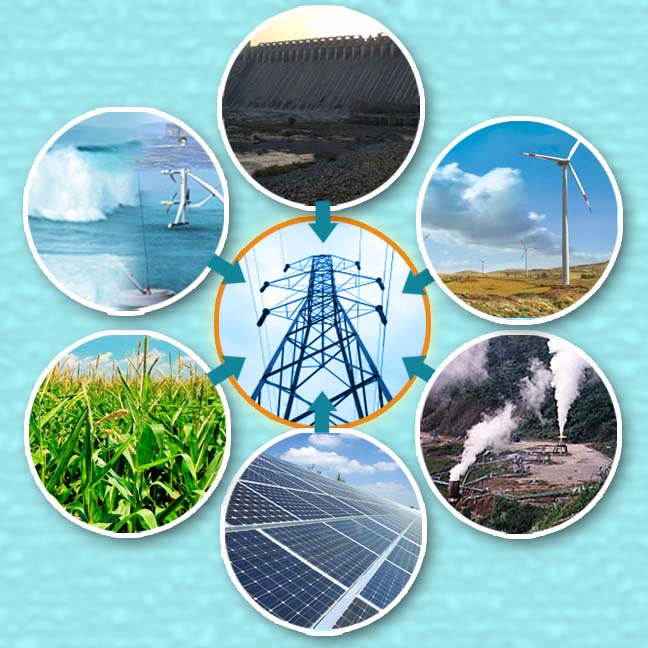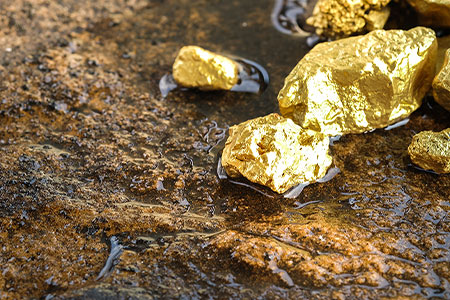
Lagos — The global transition to clean energy is gaining momentum, heavily relying on renewable technologies such as solar PV cells and wind turbines, alongside energy transition solutions like hydrogen, energy storage, and carbon capture. This shift has triggered an unprecedented surge in demand for critical minerals, posing significant challenges in achieving international energy transition goals, says GlobalData, a leading data and analytics company.
GlobalData’s latest Strategic Intelligence report, Critical Minerals (2024), identifies several main challenges to scaling clean energy technologies: mineral depletion, resource monopolization, geopolitical tensions, and water scarcity.
Martina Raveni, Strategic Intelligence Analyst at GlobalData, comments: “The near-term depletion of critical minerals raises concerns, especially as instability in the green technologies market causes price volatility. Lower-grade ores complicate extraction, making it less efficient, particularly in the copper industry. Recycling is expected to play a key role in diversifying supply chains.”
Many critical minerals are concentrated in specific regions, creating uneven resource distribution and volatile market dynamics. For example, much of the world’s lithium reserves are concentrated in South America and Australia, while the Democratic Republic of the Congo (DRC) provides much of the world’s cobalt, and Indonesia dominates nickel production.
Raveni adds: “Geographic monopolies worsen supply risks and are further exacerbated by geopolitical tensions, environmental, social, and governance (ESG) disclosure rules, and environmental factors like water scarcity. The race to control these critical minerals has intensified rivalries between China, the US, and the EU, with China currently dominating the mineral supply chain and energy transition technologies.
These tensions have led to the introduction of sanctions by Western nations to level the playing field, which has disrupted global supply chains, leading to market volatility. In response, China banned rare earth elements (REEs) in 2023, escalating the situation further.
Raveni concludes: “Given these issues, there are concerns that shortages of critical minerals may make it harder for nations to achieve energy transition goals.”


